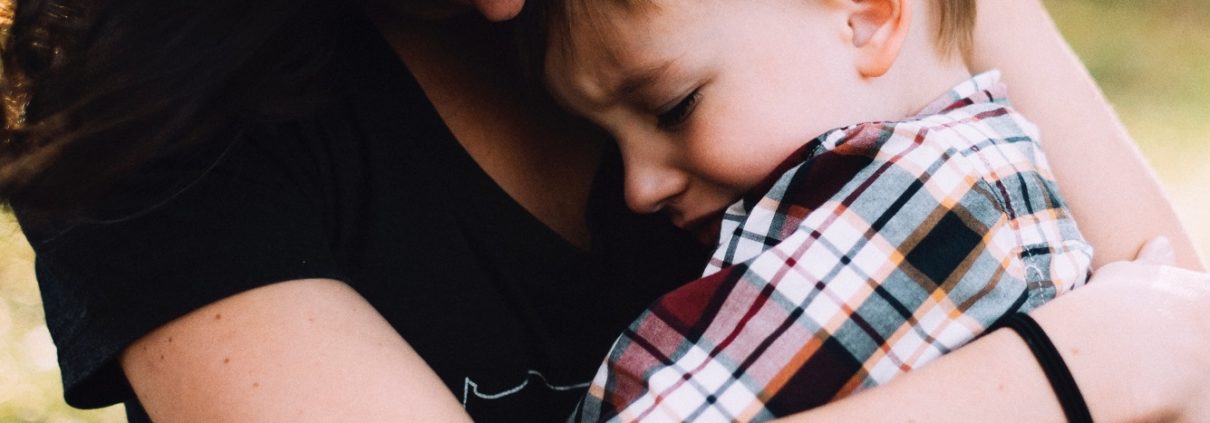To Open Your Eyes, Move Your Feet
Saddened and pained, Abraham is commanded to banish Hagar and the child he bore with her – Ishmael (Genesis 19:11). They are in the desert, the boy is dehydrated, ill and on the verge of dying. Seeing this and not wanting to witness his death, Hagar places him under a desert shrub and sits at a distance. She wails, she cries.
Although there is no mention of his crying, screaming or wailing, the next verse says that “G-d heard the voice of the child”. It does not say that G-d heard Hagar’s voice. To Hagar the message is: “What is with you? Do not fear because G-d has heard the voice of the child…” (Genesis 21:17)
Hagar was the one wailing, yet there is no mention of G-d hearing her. The child is not mentioned as crying or screaming, yet G-d hears his voice?!
A possible way to understand this is to distinguish between 2 different types of crying: The cry of helpless despair v. the innate cry associated with real pain. Hagar gave up hope, left her child to die and walked away. Ishmael’s cry on the other hand was caused by the pain of his dehydration and illness.
G-d heard the cry of Yishmael’s pain, but to Hagar He offered a very different response: “What is with you Hagar….get up, go over and hold your child. Take his hand..” (21:18). In other words, G-d’s response to her despair was to tell her:
“Fulfill your responsibility as his mother! He’s in pain! Do whatever you can to support, console and love him.”
The final verse of this episode tells us that G-d “Opened her eyes and she saw a well of water..” (Genesis 21:19). The language of G-d “opening her eyes” implies Him helping her see what was there the entire time! The well already existed but having given up hope, she could not see it.
Once she took care of her responsibility as a mother by caring for her dying child, the solution appeared.
As parents we can feel helpless. There are so many aspects of our child’s growth and development that are beyond our control. There are times when feel like throwing in the towel. The message here is that while we may not have control over what happens to our precious children, that should not discourage us from doing what we can. Ongoing care, love and devotion to our children is the only way to uncover the best solutions to the challenges we confront as their parents.




